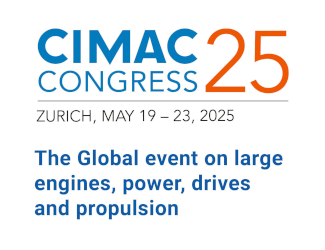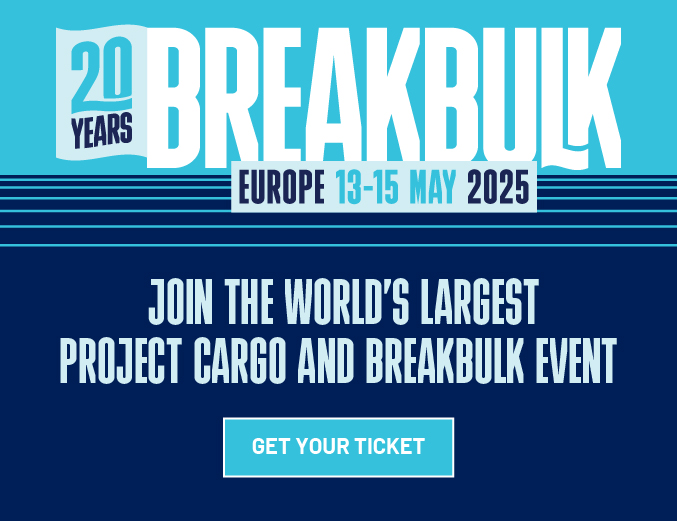The mandatory implementation of mass flow meters (MFM) on barges supplying marine fuels in Singapore is shaking up the bunkering industry. Several physical suppliers exit market as profits decline, reports Zeng Xiaolin
Since MFMs were launched at the start of 2017, no fewer than five physical bunker suppliers have exited the market[ds_preview], and observers expect more companies to discontinue operations. The Maritime and Port Authority of Singapore launched MFMs to improve the accuracy of the quantity of delivered marine fuels in Singapore, after years of complaints and allegations relating to the short-changing of delivered fuel amounts. So far, the city-state is the only port to have mandated MFMs in bunkering operations.
Before MFMs were used, it was common for physical suppliers to compete for customers by quoting prices below their costs. But the suppliers could always recover the profits by delivering less than the stated quantity. They could get away by delivering aerated bunkers, which was known the »cappuccino effect«.
Under-delivered bunker amounts led to disputes when the ship operators became suspicious over poor fuel economy.
While bunker trading sources told HANSA that there have been fewer disputes since MFMs were introduced in Singapore, some suppliers resorted to tampering with the devices.
In March 2017, the MPA suspended the physical supply license of Panoil Petroleum after its inspections uncovered what the authority described as »irregularities with the piping fixtures«. On 14 August, Panoil’s license was revoked and in October, the company, which hopes to continue business as a pure fuel trader, was placed in judicial management, a procedure akin to bankruptcy protection.
Shortly after Panoil lost its license, the same penalty was meted out to Universal Energy, which was once Singapore’s third largest physical bunker supplier. The MPA’s inspections showed that Universal Energy delivered aerated bunkers while the delivery mechanisms on the company’s tankers had stoppages.
In September, Universal Energy commenced liquidation procedures after accumulating at least 100mill.$ in debts. Creditors include Swiss commodity trading giant Vitol and French bank Societe Generale. In November, the MPA terminated the physical supply license of Transocean Oil after the latter was found to have several falsified records and discrepancies in its stock logbooks. In a press statement, MPA said that it will not hesitate to take action against any bunkering malpractices in the port of Singapore.
»Any licensee found to have contravened any terms and conditions of the license will have their license either suspended or cancelled,« said MPA.
At a recent industry event, Singapore Shipping Association president Esben Poulsson said that while ship owners and operators welcome the usage of MFMs, regulatory oversight is still necessary. He added: »There is a strong awareness that vigilance and determination will be needed to stop unscrupulous operators somehow working out ways to beat the system. The bunker sector in Singapore – like everywhere else but perhaps on a far bigger scale – is in the midst of a period of dramatic and unprecedented change, which, sooner rather than later, will affect us all. No one is immune to the changes now underway, whichever side of the bunker business you are on. But by working together, suppliers and buyers alike, hopefully we can overcome any obstacles that may be put in our way.«
Bunker suppliers cease operations
MFM manufacturer Endress & Hauser representative Mohamed Abdenbi told delegates that the number of disputes over delivered bunker quantities has gone down significantly and that the MPA
has stepped up inspections to ensure compliance.
Non-compliance aside, other physical bunker suppliers have also chosen to cease operations in Singapore. In September, Uni Petroleum chose not to renew its license, which expired at the end of that month. On 31 October, New York-listed Aegean Marine Petroleum announced its withdrawal from the Singapore market, opting instead to focus on back-to-back trading of bunkers and lubricants.
Company president Jonathan McIlroy said: »The bunkering market in general, and the Singapore market in particular, are extremely competitive. We had hoped that enforcement of mandatory MFM-equipped bunker barging in January (2017) would have driven commercial improvement in the Singapore market, allowing Aegean to compete profitably. However, 2017 has seen heightened commercial pressures in Singapore, and as a result, management has determined that Aegean’s resources can be more profitably deployed elsewhere.« Aegean’s retreat will leave Singapore with 54 physical bunker suppliers, from 59 at the end of 2016.
A bunker trading source explained to HANSA that the usage of MFMs has eroded the physical suppliers’ profit margins. »Previously, every supplier could cheat by delivering less than the promised amount to customers, so profit margins were lucrative. Now, the playing field has been levelled so margins have tightened. Companies that previously profited from cheating customers can no longer make money,« said the source.
Ship owners and bunker traders alike believe that there will be more departures from Singapore’s marine fuels market.
Speaking at the event, Equatorial Marine Fuel Management Services’ executive director Choong Zhen Mao, opined that MFMs have had a very positive impact on the Singapore market, with the number of disputes dropping significantly. Choong, whose company is one of the physical bunker suppliers in Singapore, said that the delivery of marine fuels has been more transparent and reliable.
GP Global (formerly Gulf Petrochem)’s head of bunker credit management John Phillips, said that MFMs have enabled better regulation and forced out companies that are not trading profitably.
Poulsson said: »What appears not to be in dispute, is the likelihood that the barging and bunker supply landscape will undergo major changes over the next few years. There will likely be fewer suppliers, with those commodity traders and oil majors that trade and import cargoes, and can optimize buying activity, potentially becoming dominant, while the number of barging companies is likely to decrease, with the bigger suppliers owning or time chartering their own barges to support their logistics operations.«


















